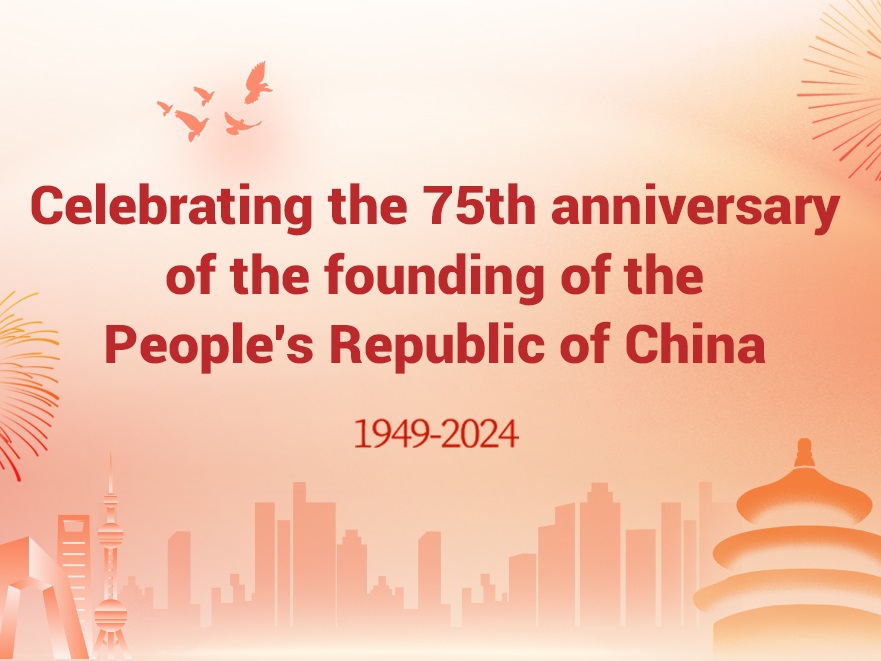Republic of Indonesia
Area: 1.91 million square kilometers
Population: 262 million
Capital: Jakarta
Administrative divisions:
Indonesia is divided into 34 first-level administrative districts (provinces), including three special regions (Jakarta, Yogyakarta and Aceh), 31 provinces, and 514 second-level administrative districts (regencies and cities).
Economy:
The country has the largest economy among all ASEAN countries. In 2018, Indonesia's GDP reached $1.04 trillion, an increase of 5.17 percent. The total trade amount was $392.7 billion, a year-on-year increase of 13.2 percent. In the first half of 2019, the GDP was $554 billion.
Resources:
Indonesia boasts an abundance of oil, natural gas, coal, tin, bauxite, nickel, copper, gold, silver and other mineral resources. Mining plays an important role in Indonesia's economy, accounting for about 10 percent of GDP. According to official statistics, Indonesia has about 9.7 billion barrels (1.31 billion tons) of oil, 4.8 trillion or 5.1 trillion cubic meters of natural gas, and 19.3 billion tons of proven coal, with potential reserves of more than 90 billion tons.
Industry:
Indonesia tops the world in the output of minerals such as tin, coal, nickel, gold, and silver.
Agriculture:
The arable land of Indonesia covers an area of 80 million hectares, with it being rich in corps such as palm oil, rubber, coffee, cocoa, etc.
Tourism:
Tourism is the second largest foreign exchange earning industry after electronics exports in Indonesia's non-oil and gas industry. The government has long attached importance to developing tourist attractions, building hotels, training personnel and simplifying entry procedures. In 2018, 15.81 million foreign tourists traveled to Indonesia. In the first half of 2019, the number reached 7.83 million. Among them, Malaysia, China, Singapore, East Timor and Australia are the top five source countries for Indonesian tourists.
Main tourist destinations in Indonesia are Bali, Borobudur, Prambanan Temple, and Lake Toba.
Foreign trade:
2014 | 2015 | 2016 | 2017 | 2018 | |
Amount of exports | 176.29 | 150.25 | 144.43 | 168.73 | 180.0 |
Amount of imports | 178.18 | 142.74 | 135.65 | 156.89 | 188.6 |
Trade gap | -18.9 | 75.1 | 87.8 | 118.4 | -86 |
(unit: billion dollars)
The main export products are oil, natural gas, textiles and garments, wood, rattan products, handicrafts, shoes, copper, coal, pulp and paper products, electrical appliances, palm oil, rubber and so on. The main import products are mechanical transport equipment, chemical products, automobiles and spare parts, power generation equipment, steel, plastic and plastic products, cotton and so on. The main trading partners are China, Japan, Singapore, and the United States.


